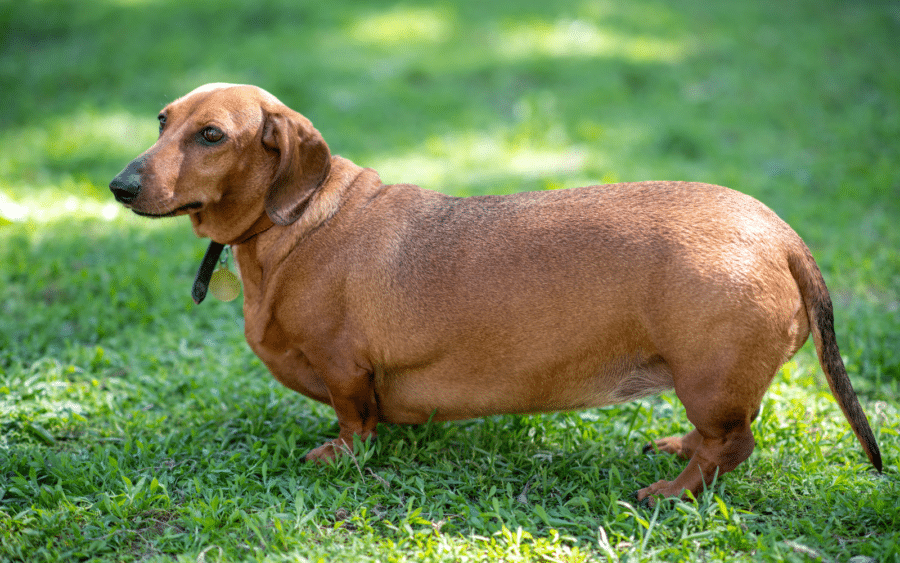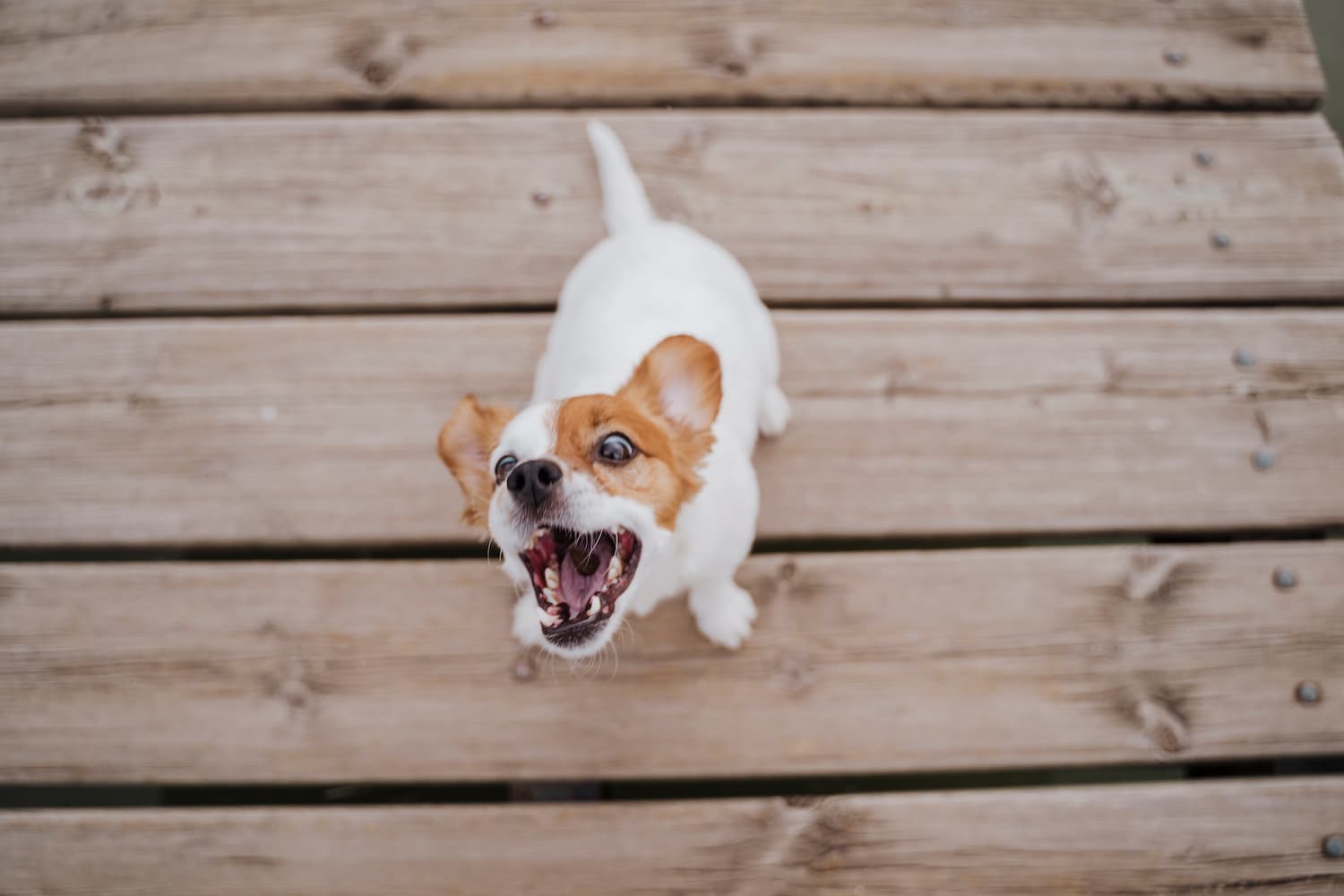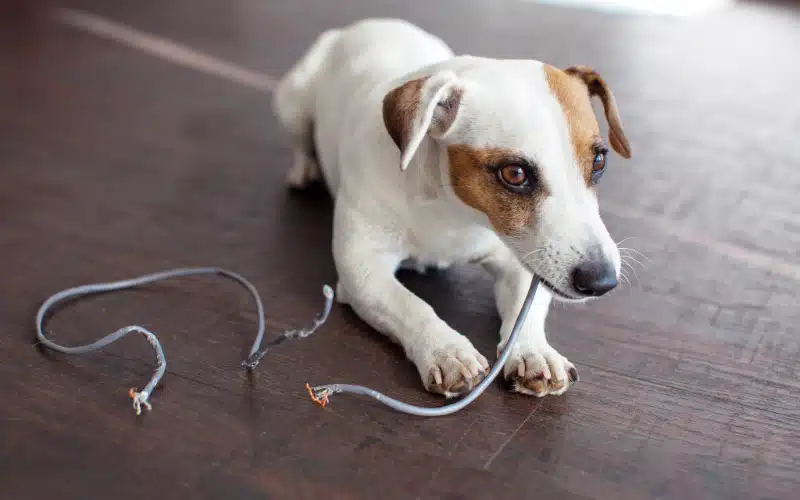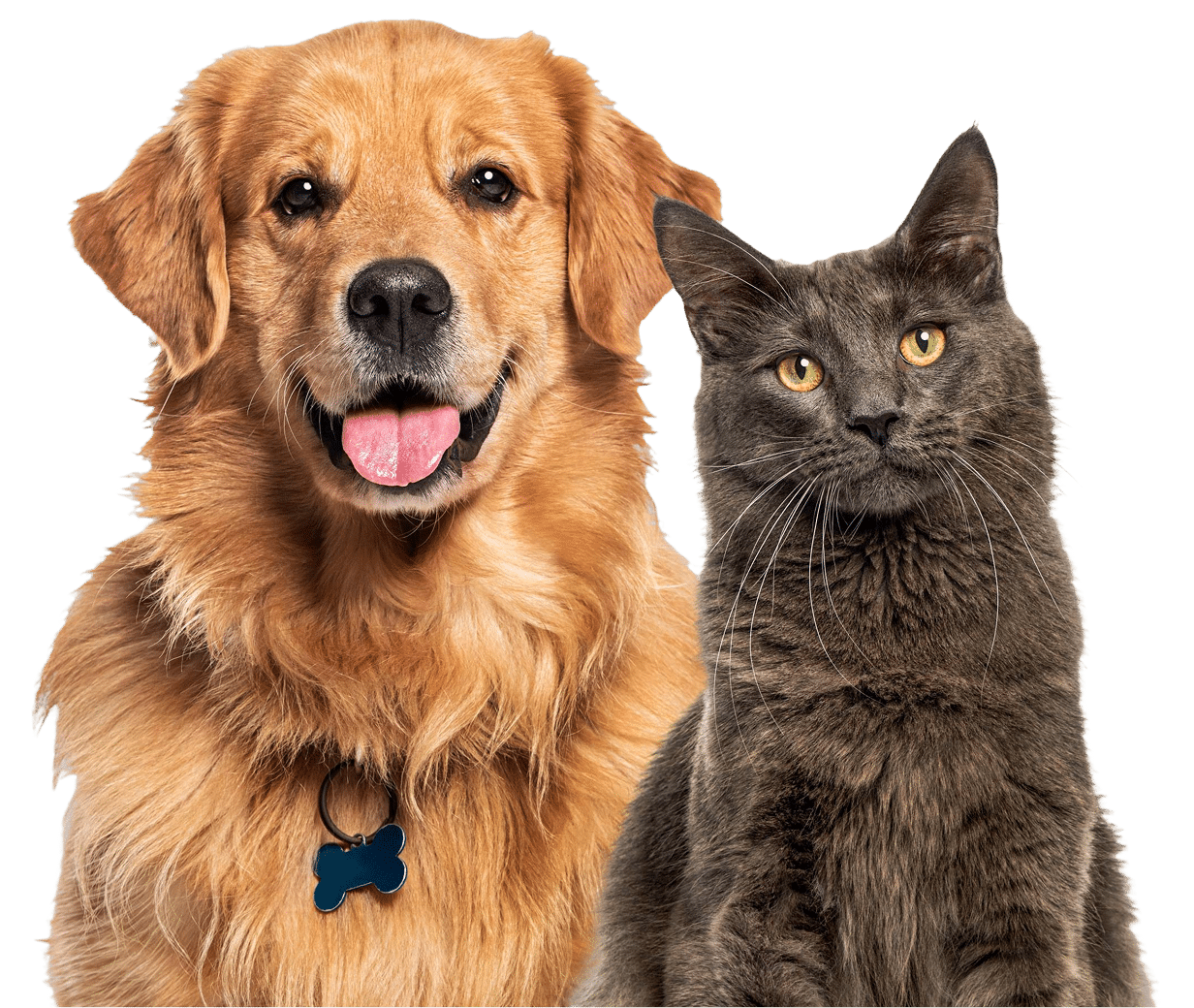
Healthy Pets, Happy Lives: A Journey to Overcoming Pet Obesity
We all fall victim to those puppy eyes. It’s almost as if we can hear our pets say, “Please give me another treat!” While offering treats here and there is no problem, too many treats can easily pack on the extra pounds, unintentionally causing unnecessary weight gain and related health issues.
Pet obesity is a big problem (pun intended). Surveys show that 59% of dogs and 61% of cats in the United States are considered overweight or obese. Just as concerning, almost one-third of pet owners of overweight pets describe their pets as “normal” or “ideal” body weight–meaning pet owners don’t recognize when their pets are overweight and often don’t address the issue until it’s too late. October 11 marks World Pet Obesity Awareness Day and is a great time to focus on the benefits of keeping your pet lean–increasing their overall health and longevity.
Is Your Pet Overweight?
Your pet’s primary care veterinarian likely uses Body Condition Scoring, which measures and calculates their ideal body weight. Veterinarians routinely use BCS at your pet’s annual exam and can detect subtle changes you may not notice at home, which is another reason why annual exams are so important. Pet owners can have difficulty determining if their pet is overweight since excess weight tends to creep up gradually, and your pet’s activity level and metabolism change with age.
This BSC chart can give you an idea of what to look for between exams.
Consequences of Excess Weight
Studies show that the lifespan of overweight pets is 2.5 years shorter than those at a healthy weight. That alone seems reason enough to work with your family veterinarian on a plan for adequate exercise, proper nutrition, and weight monitoring.
A pet that is overweight is more prone to diseases such as:
- Arthritis and joint disease
- Bladder and urinary tract disease
- Cancer
- Chronic inflammation
- Diabetes
- Heart disease
- Hip, elbow, and shoulder dysplasia
- Hypertension
- Hypothyroidism
- Insulin resistance
- Kidney disease
- Liver disease
- Respiratory ailments
- Reproductive challenges
- Skin conditions
Ways To Help Your Pet With Obesity
There are many things you can do as a pet owner to help your pet with the battle of the bulge.
Regular weight checks and annual wellness visits. Your veterinarian is a fantastic resource for measuring and monitoring your pet’s weight. They can calculate your pet’s BSC and tell you how many calories are appropriate to consume daily based on age, breed, activity level, and overall health. Because certain diseases can cause weight gain, your veterinarian is also an essential first stop if you suspect your pet is overweight due to an underlying condition.
Portion control. Your veterinarian will tell you how much food your pet should consume, and measuring their food for each feeding is a necessary component in controlling weight.
Sweat with your pet. Adequate exercise is vital for health and longevity no matter your pet’s weight, so aim for 20-30 minutes of regular exercise daily.
Treat them with care. We love giving our pets treats, but they can sabotage our weight loss strategy. Choose single-ingredient, low-calorie, no-sugar goodies that provide health benefits, such as sweet potato, green beans, or carrots. Break them into small pieces and only give treats as a reward for good behavior–not because you feel guilty. Whatever treat you share, count those extra calories and adjust meals accordingly.
How AEHV Can Help
Animal Hospital of Volusia proudly offers a pet rehabilitation program led by Alyssa Carver, DVM, Certified Veterinary Rehabilitation Practitioner (CVRP). A well-designed weight loss program developed and implemented by credentialed veterinary rehabilitation professionals can target your pet’s obesity and improve their quality of life.
Overweight and obese pets often experience pain because the excess weight stresses their joints, muscles, and internal organs. When your pet visits our rehabilitation department, we will examine them, explore their range of motion, and talk with you about their lifestyle and health challenges. Then, we’ll recommend a specific exercise and nutrition program tailored to your pet’s specific needs.
Therapies may include:
Manual therapy. We use massage, stretching, and range of motion exercises to improve tissue and joint mobility, improve muscle strength, and relieve pain and discomfort.
Therapeutic exercise programs. We’ll design an exercise program tailored to your pet’s weight loss needs and overall health. Some of these exercises we’ll do in the office, and some you can perform at home.
Hydrotherapy (underwater treadmill). Exercising in water provides buoyancy and resistance, allowing for strengthening and weight loss without producing undue stress on the joints. The underwater treadmill can also help pets with arthritis due to obesity.
Whatever the reasons for your pet’s weight gain, our rehabilitation experts can help with the benefits of a regular rehabilitation program and your efforts at home. By working together, we can take steps to help your pet lead a long, happy, and comfortable life. Call us today to discuss your pet’s weight loss needs and schedule an appointment.



